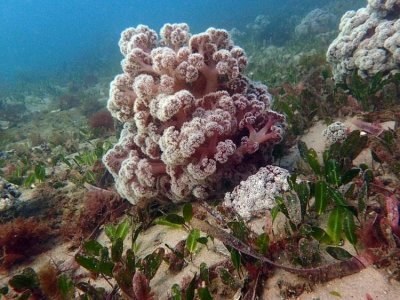revhtree
Owner Administrator
View Badges
Staff member
Super Moderator
Reef Squad
Partner Member 2024
Excellence Award
RGB
Photo of the Month
Article Contributor
R2R TV Featured
Hospitality Award
Article Administrator
Black Friday Sponsor
Partner Sponsor 2023
Industry Professional
My Aquarium Showcase
- Joined
- May 8, 2006
- Messages
- 47,841
- Reaction score
- 87,760
Thank you @Sisterlimonpot for today's QOTD!
“Research” vs “Web Search”
When I first began in this hobby my thirst for knowledge was unparalleled. Lucky for me there wasn’t a shortage of books, papers and articles written by experts in their field. Their research was based in scientific literature, testing and scrutinized by their peers. For many hobbyist, that literature became the foundation in which we built a sustainable living reef.
“I’ve done my research…”, we've all read this a time or two, and perhaps you are guilty of it as well. With the popularity of search engines and information literally a click away. There’s no doubt that we are bombarded with a lot of wrong/false information. How can you be confident that you're getting good information?
How do you as a reefer define "research"? Is it visiting a handful of online sites to read peoples opinions? Or do you gain knowledge from literature written by true experts? Where do you fall on that spectrum? Or maybe it depends on the topic you're researching. If so, provide examples.
Finally, is “Web Search” the same as “Research”?
1. How can you be confident that you're getting good information?
2. How do you as a reefer define "research"?
Photo via @Tony Thompson

“Research” vs “Web Search”
When I first began in this hobby my thirst for knowledge was unparalleled. Lucky for me there wasn’t a shortage of books, papers and articles written by experts in their field. Their research was based in scientific literature, testing and scrutinized by their peers. For many hobbyist, that literature became the foundation in which we built a sustainable living reef.
“I’ve done my research…”, we've all read this a time or two, and perhaps you are guilty of it as well. With the popularity of search engines and information literally a click away. There’s no doubt that we are bombarded with a lot of wrong/false information. How can you be confident that you're getting good information?
How do you as a reefer define "research"? Is it visiting a handful of online sites to read peoples opinions? Or do you gain knowledge from literature written by true experts? Where do you fall on that spectrum? Or maybe it depends on the topic you're researching. If so, provide examples.
Finally, is “Web Search” the same as “Research”?
1. How can you be confident that you're getting good information?
2. How do you as a reefer define "research"?
Photo via @Tony Thompson


















